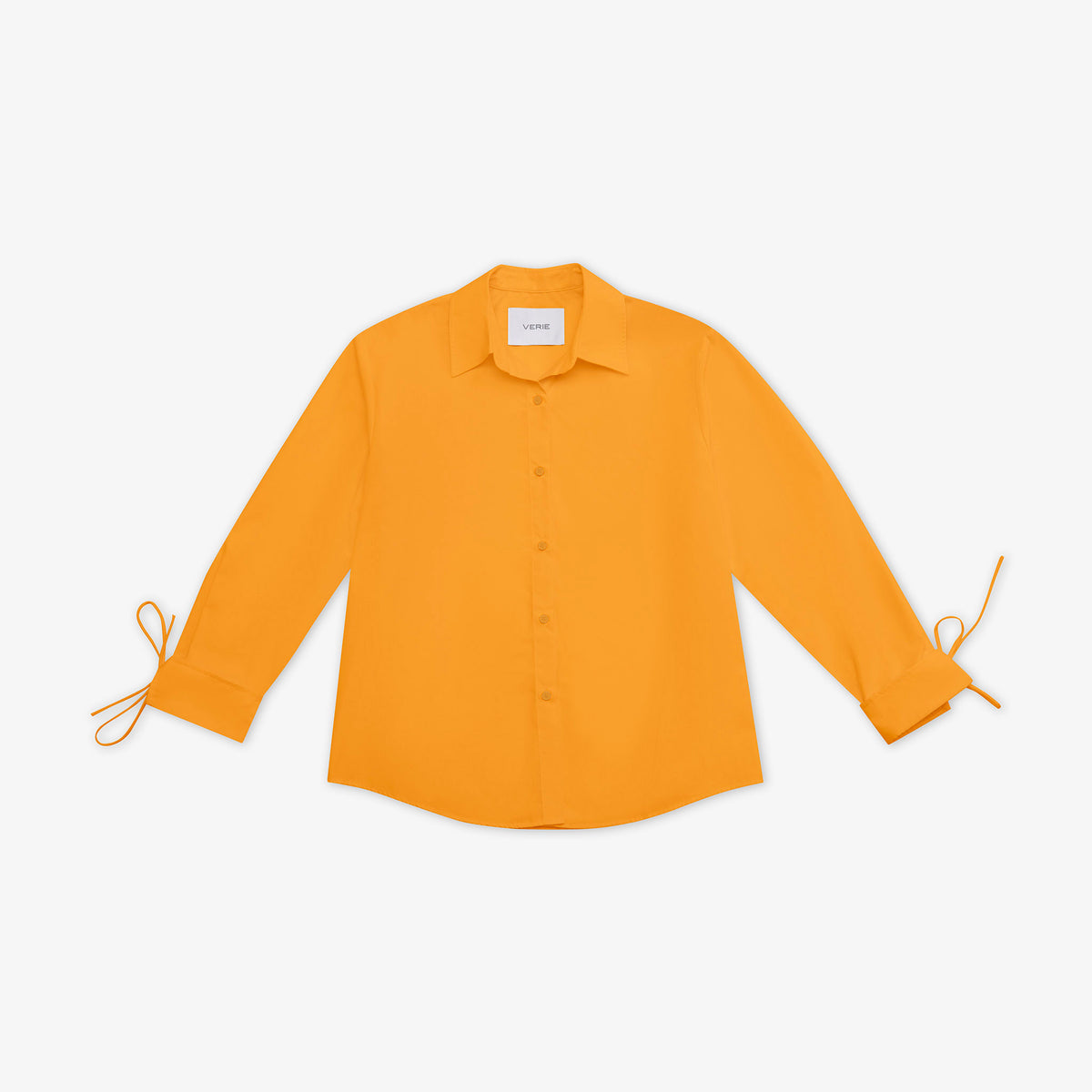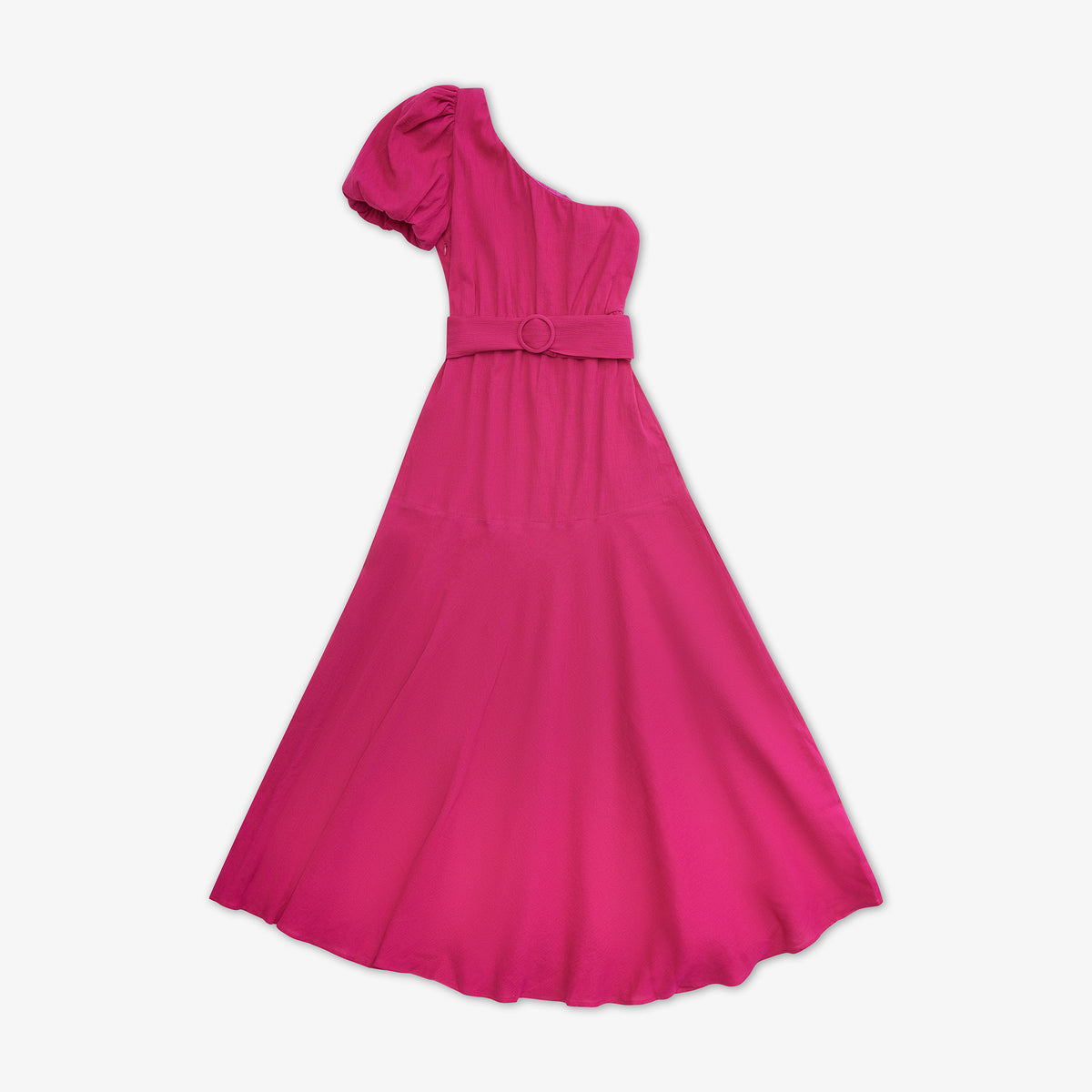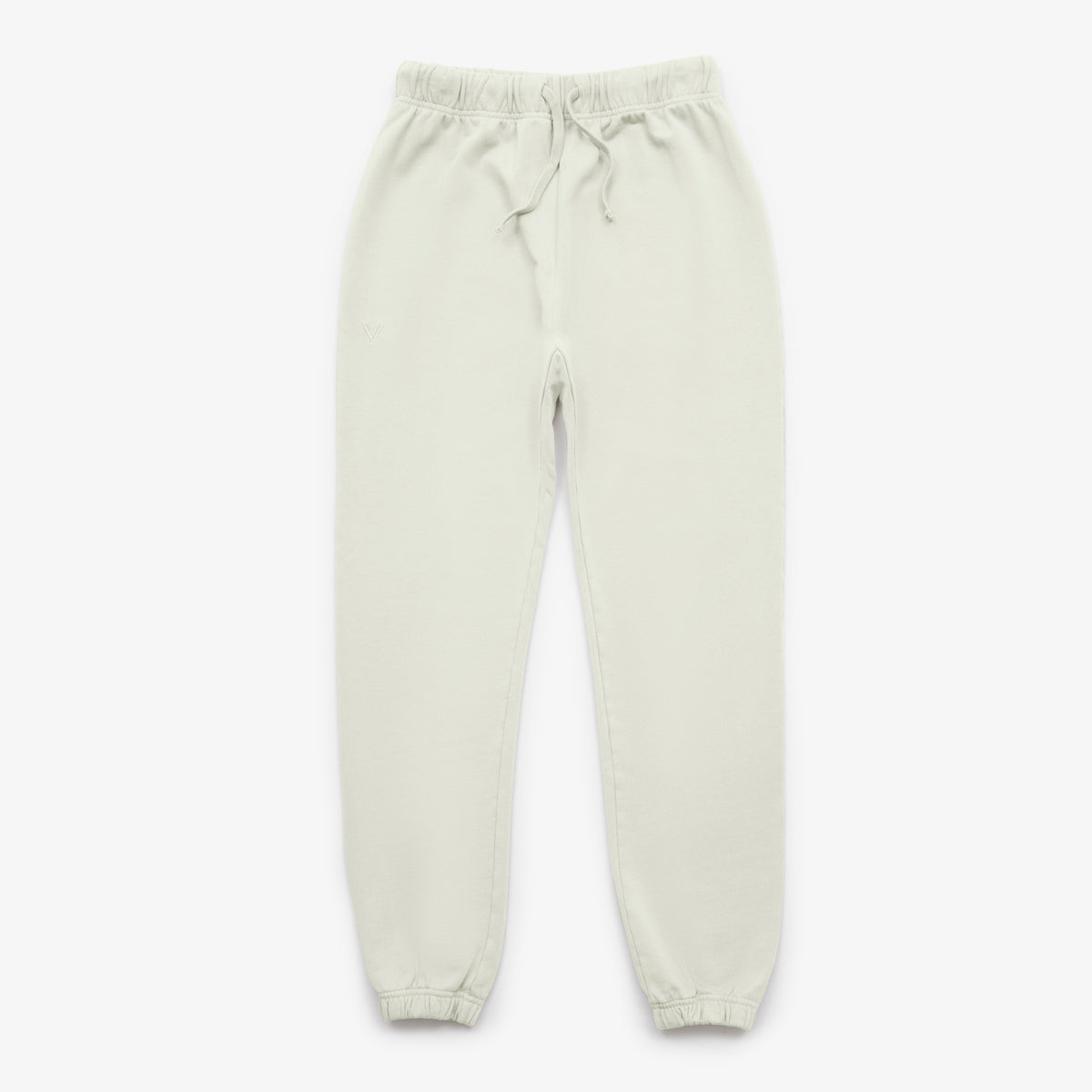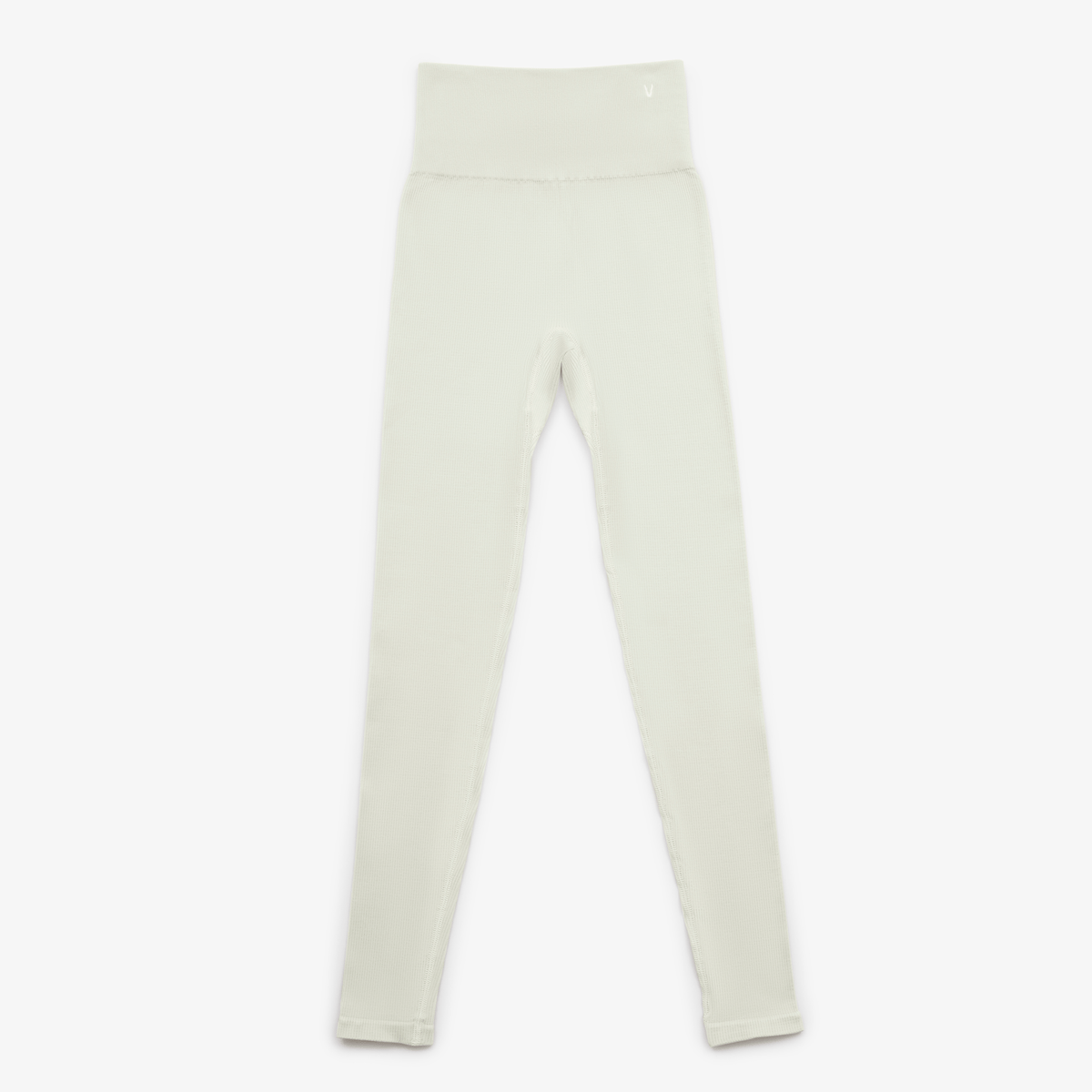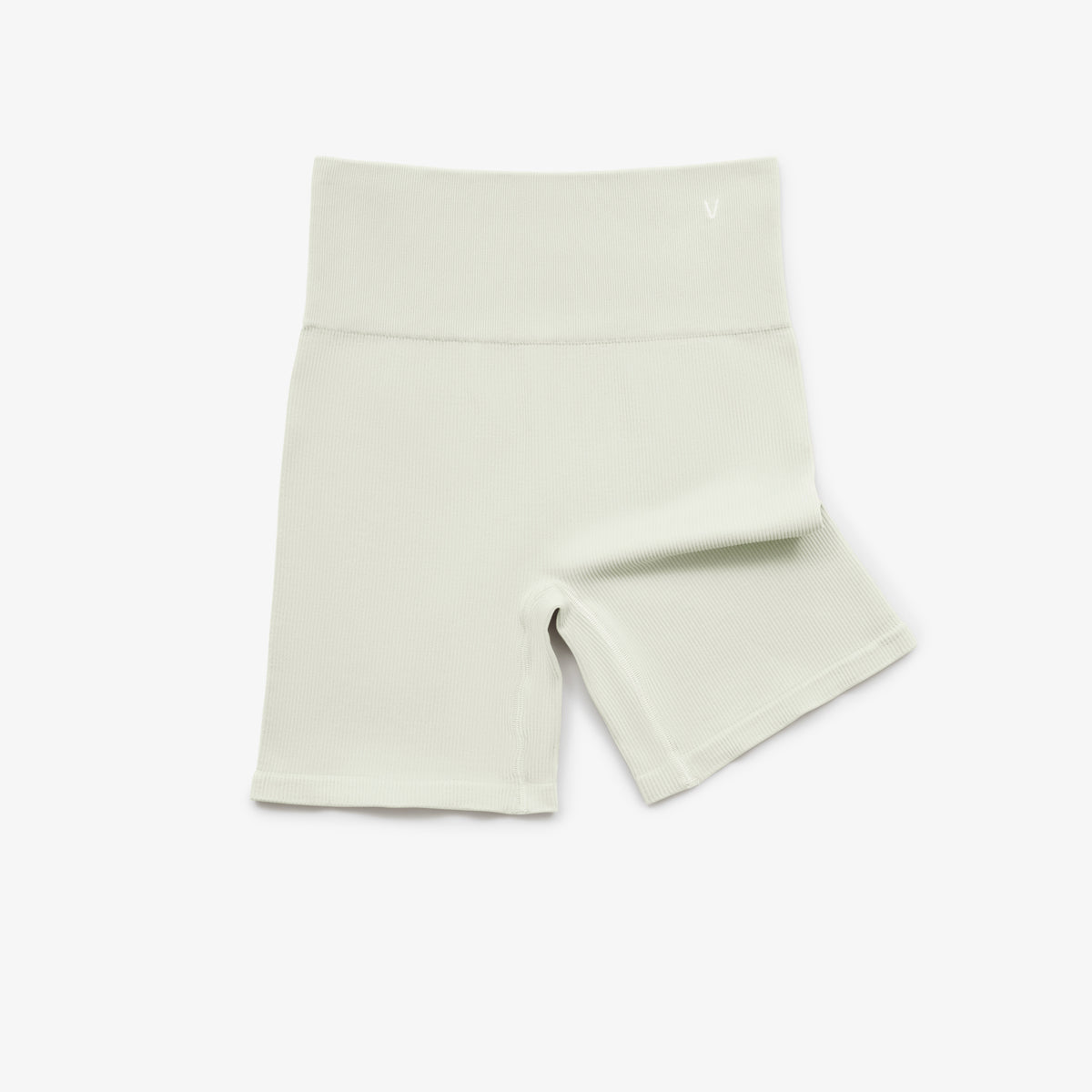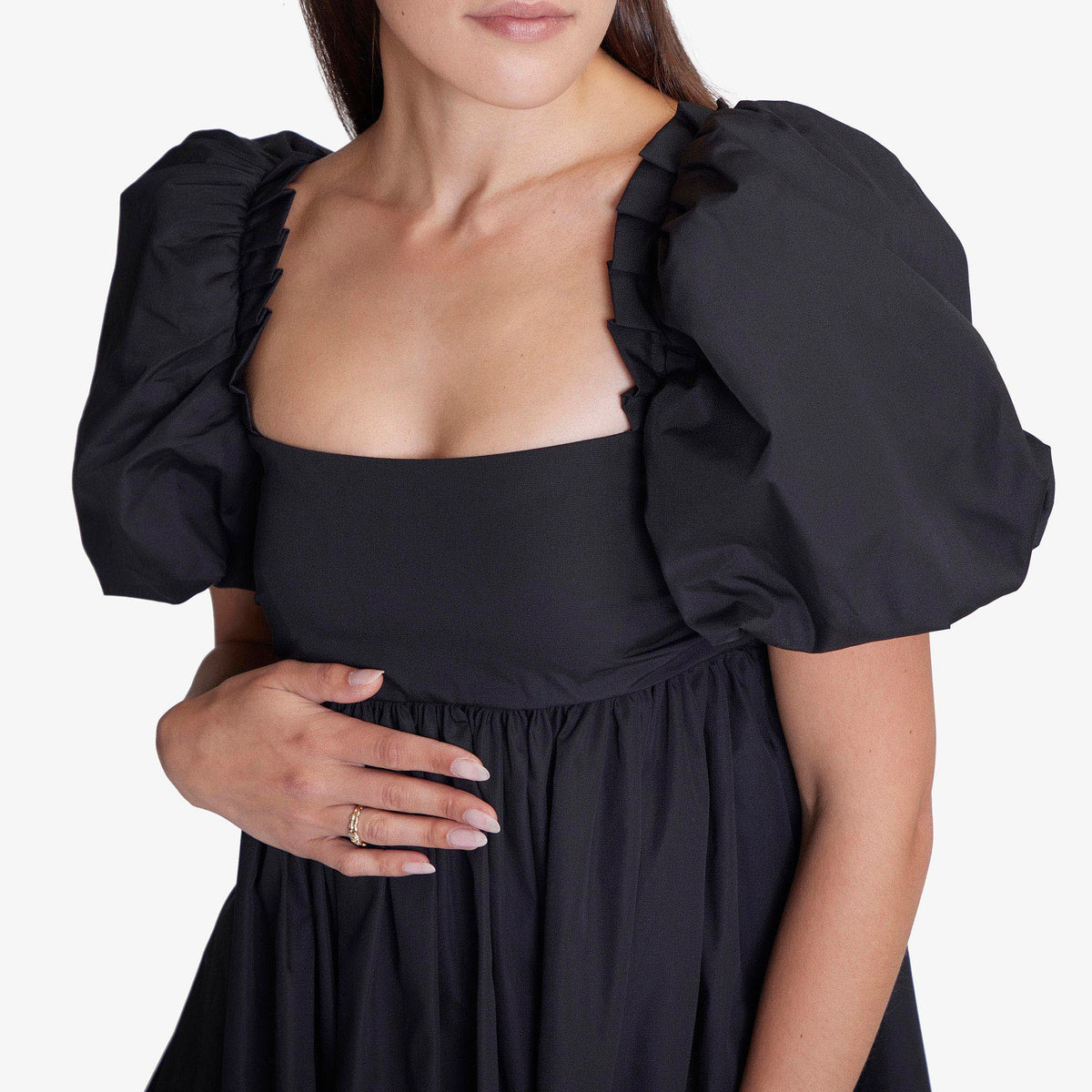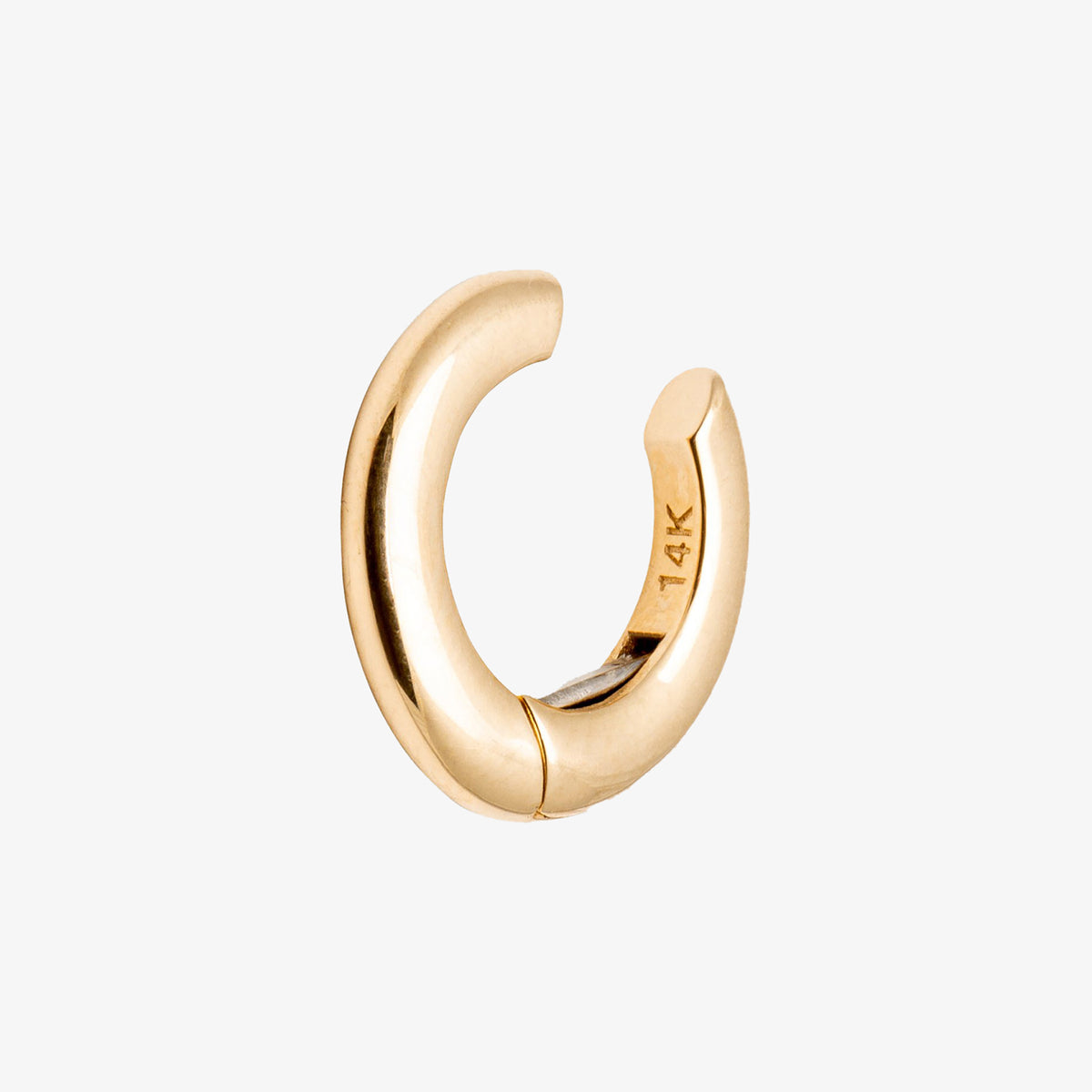Lately, you may have heard the terms "masculine and feminine energies”, or the concept of humans possessing energies stemming from opposite sides. The recognizable black and white symbol of the “Yin Yang” (or Tai Chi Symbol) comes from ancient Chinese philosophies that explain the two types of energies in the body: the yin, or feminine energy, and the yang, or masculine energy. It is important to remember that these two energy types have nothing to do with gender, identity, or sexual orientation despite the sometimes confusing descriptors and the way we, as a society, have high-jacked the terms to mean something that they are not.
The energies we possess are sometimes referred to as “inherited potentials” because we all have a full array of both feminine and masculine energies that we can call upon when needed, and both are essential for wholeness of being. Feminine and masculine energies exist as a polarity, much like “day and night”, “inhale and exhale”, or “life and death.” Without one, there is no other. We all tend to lean further to one side of the fence during specific moments in time, but finding a balance between the two is the key to overall well-being, according to these ancient Chinese philosophies. This trend is taking over social media at the moment, and I believe it's because living through these past two confusing and difficult years, we're all searching and reaching for balance.
Flipping through multiple references and philosophies on this topic, I compiled similarities in characteristics that are often associated with each type of energy. This list includes admirable strengths that anyone would aspire to possess, and in reality, we already do:
Feminine Energy Characteristics
- Empathy
- Nurturing
- Softness
- Reception
- Openness
- Devotion
- Creativeness
- Compassion
- Intuition
- Community
Masculine Energy Characteristics
- Action
- Reason
- Logic
- Strength
- Loyalty
- Firmness
- Survival
- Confidence
- Power
- Caretaking
Unfortunately, society has taught us to suppress certain parts of ourselves, even at a young age, like when boys are taught not to cry and girls are told not to play rough. This is why we have come to associate these terms more with someone’s biological gender and seeing people as one or the other, as opposed to one whole being which represents a “Yin Yang” in perfect balance.
So why have we decided to use the term masculine energy to mean “acting like a man” and feminine energy to mean “acting like a woman”? We even associate certain careers to be typically masculine or feminine-oriented because of the qualities the worker of that field or job typically expects or exhibits. Men are told that they are weak when they show softness and compassion (feminine energies) in jobs like nursing or childcare, while women are labelled “bossy”when they are firm and confident (masculine energies) as CEOs and project managers. The way most people view these terms currently creates a division between genders instead of a collectiveness amongst all humans who share these traits.
When we begin to lean too far toward one polarity while not honoring (or not being taught that we should honor) the importance of the other, we experience energy toxicity. The term ‘toxic masculinity’ can be attributed to the total suppression of the feminine energy, and manifests as a display of stereotypical “manliness”, as in propagating aggression, domination, and homophobia - anything that challenges the masculine persona. Basically, this society-pushed expectation for men-identifying people to suppress their female energies ultimately causes harm to society as a whole, because these exuded behaviors caused by such suppression negatively affect the people around them, encourage cyclical toxic traits, transgenerational trauma, and ultimately, damages the men themselves.
Similar to the suppression of the female energies, there is pressure for women-identifying people to suppress their male energies. The typical "that's not ladylike" phrase comes to mind as a popular indication that someone isn't fitting into the expected appearance or behaviour of a woman. Another example would be of women feeling like they have to dress a certain way to fit into popular fashion trends that are more based on the female silhouette - which is an assumption that all women feel beautiful in a traditionally female body type - which is simply not true.
There's also the consideration that women have to form and shape themselves into traditionally male characters who embody those energies in the workplace in order to be taken seriously. If their company has a pattern of hiring males who dominate a conference room or have more commanding or aggressive sales tactics for example, someone might feel like they need to suppress their female energies in order to further evoke their male energies to be successful under those circumstances.
The prolonged suppression of any of our energies is not only a mental health issue, it can create serious health problems. According to a 2011 study, men with strong beliefs about masculinity were only half as likely as men with moderate beliefs to seek preventative health care, like seeing a physician for annual physical check-ups, since it runs contrary to the definition of “toughness" (Morin, 2020).
Our energies do change situationally, but it’s important to keep them in check and well-balanced. If you feel that your life has had you in survival mode where you’ve kept your nose down and working without reprieve, your masculine energy is probably on overdrive and it may be time to balance yourself out by doing some activities that promote the feminine energy.
Activities that promote feminine energy:
- Creating art (painting, drawing, writing music)
- Nurturing life (a loved-one, a pet, a plant, or yourself)
- Welcoming emotions (laugh, cry, jump for joy)
If you work in a field where your feminine energy is always in demand, like it is for elementary school teachers, graphic designers, or homemakers, then you may need to balance yourself out by doing some activities that promote the masculine energy.
Activities that promote masculine energy:
- Do something competitive (a video game, play a sport)
- Construct something (DIY home project)
- Relax (feminine energy usually means going from one project to the next without rest, i.e., multi-tasking)
Luckily, as the idea of energies gains traction in popular media, we are starting to see a rise in appreciation for feminine energies in occupations typically dominated by masculine energies like sports, finance, and construction. We are beginning to change the notion of feminine energy being seen as weak, and masculine energy as strong. They need to be viewed as opposite ends of a polarity where one does not exist without the other. In society, this would look like not only hiring more women in male dominated fields and more men in fields typically dominated by women, but having a variety of different displays of energies in positions of power, regardless of gender identity.
It would also mean drastically changing the conversation around expectations of children due to their current identity and physical appearance, and not making assumptions on what they want to pursue in life or how they feel about any given situation.
Ultimately, this topic is the doorway to a much larger conversation on gender norms, traditional and harmful societal structures, and the need for education on and change in both. The discussion on energies, separating them from genders, and seeing them as harmonious in ourselves is one way to begin the conversation while encouraging freedom of emotion, thought, and actions regardless of our identities. It's also a step to living a more balanced, and personally authentic life overall.


















